When one mentions “bankruptcy” the first that comes into mind is losing everything you worked hard to earn. After all, there is nothing more devastating than having your hard-earned assets taken away. However, this isn’t always what bankruptcy means. It’s time to challenge the notion and dispel the fear of bankruptcy by seeing it in a different way.
Of course, this isn’t to say that bankruptcy is a good thing. Think of bankruptcy as a fresh start. Also note that in bankruptcy you always have the chance to exempt certain properties to protect them. Assets such as cars, real estate, and retirement accounts can be exempted.
Now, on to the question. What is nonexempt property bankruptcy? From the word itself, nonexempt property bankruptcy is properties that you do not declare on your exemption list. The fate of these properties lies in the type of bankruptcy you file.
Certain assets are considered as nonexempt property in bankruptcy cases. Among them are residential property you don’t own, new vehicles where you have equity, instruments not needed for profession, collection, investments not for retirement, jewelry, and artwork.
Enlist the help of a Jackson bankruptcy attorney to walk you through this challenging time and help you take the necessary steps. Dealing with bankruptcy doesn’t have to drain you.
How Does Nonexempt Differ from Exempt Property?
As previously mentioned, nonexempt property in bankruptcy is property not declared. Properties owned by the debtor are technically classified as nonexempt unless the debtor claims an exemption in some property. The exemption will only be valid to the extent of the value claimed or allowed. Properties aren’t considered as nonexempt automatically.
Trustees may take nonexempt property for liquidation for the benefit of the creditors. Creditors also have the power to seize properties if there is judgment against the debtors.
Exempted property, on the other hand, is defined as necessities which the debtor can use to pay for living expenses. Exempted property can come in the form of real estate or personal properties including appliances. However, when the properties outweigh the benefits for the debtor, the properties could be classified as nonexempt properties. Should the debtor fail to provide a list of exempted properties, all their belongings would be classified as nonexempt property and would then be subject to liquidation.
Contact an experienced Jackson, Mississippi bankruptcy lawyer to explain the concepts of exempt and nonexempt property in bankruptcy and walk you through the process should you be faced with it.
Nonexempt Property in Chapter 7 Bankruptcy
Chapter 7 bankruptcy or straight/liquidation type of bankruptcy clears any type of debts and can be filed by an individual who cannot afford to pay bills as a means to help reset their financial situation. Chapter 7 bankruptcy entails having to give up some possessions.
Nonexempt property in bankruptcy of this type involves a court-appointed bankruptcy trustee to sell your nonexempt property, the money earned from this will help you pay your living expenses. Certain dues known as priority debt will be the first to get paid off. This includes taxes, child support, and domestic support obligations. Utility bills, credit card debt, and other living expenses soon follow.
As for exempt assets in a chapter 7 bankruptcy, these properties will be retained and won’t be touched by creditors. The filer must provide a list of assets and liabilities to the court. According to Mississippi law, filers can exempt up to $10,000 worth of personal property. Other properties you can keep include houses, cars, and property with a secure loan; clothing since most have very little value; and retirement accounts.
If you find yourself dealing with nonexempt property in bankruptcy, consult an experienced bankruptcy attorney to help you with the process and ensure that you make the best financial decisions for yourself.
Nonexempt Property in Chapter 13 Bankruptcy
Chapter 13 bankruptcy is defined as a wage earner’s plan and is typically filed by individuals who have a wage or a regular income. This enables workers to have a plan to repay all of their debts should their finances suffer. Apart from having regular income, chapter 13 bankruptcy can only be filed by those whose unsecured debt do not exceed $419, 275 and whose secured debt doesn’t exceed $1,257,850.
Individuals filing for chapter 13 bankruptcy must also have updated tax filings and has not filed chapter 7 or 13 bankruptcies in the last 180 days.
Nonexempt property in this bankruptcy type won’t be sold by trustees. The filer will pay an equal amount to the value of nonexempt property to unsecured creditors.
Certain properties can be exempt in chapter 13 bankruptcy according to Mississippi law. There exists a minimum calculated amount that debtors must pay in chapter 13 bankruptcies, which the nonexempt property’s value has a hand in. Exemption law impacts what properties will be considered in calculations, hence determining the amount debtors must pay in their chapter 13 plan.
When faced with chapter 13 bankruptcy and other financial conflicts, it is best to seek assistance from a Ridgeland bankruptcy attorney who can explain complex bankruptcy concepts to help you better understand and navigate your situation.
When Can One Keep Nonexempt Property in Bankruptcy?
One can keep nonexempt property in bankruptcy when the trustee abandons the property. In chapter 7 bankruptcy, the trustee has the power to sell these items and use the earned money to repay unsecured creditors. The minute the trustee decides that the items aren’t valuable enough, they abandon the property.
Situations that call for the trustee to abandon the property include:
- Upside down property or loan-secured property that costs more than its market value.
- Properties that don’t have a significant amount of nonexempt equity that after deducing would leave nothing to the creditors.
One can also keep nonexempt property when the debtor offers to repurchase by paying nonexempt value. Chapter 7 bankruptcy debtors can also offer to exchange an exempt property for nonexempt property, which usually depends on asset value, cost, and labor associated with selling the said asset.
Consult an experienced bankruptcy lawyer for legal advice regarding keeping nonexempt property and the circumstances one is subject to when selling, repurchasing, and swapping properties.
Seek Legal Help
If you are faced with bankruptcy issues and would like to clarify what constitutes as nonexempt property in bankruptcy, contact a Jackson, Mississippi lawyer from the Rollins Law Firm by calling 601-202-5101. The law firm helps you decide on the best course of action when faced with bankruptcy to help you protect your assets and pay off your living expenses.
Whether it’s a chapter 7 or chapter 13 bankruptcy case, the Rollins Law Firm can walk you through its intricacies. A bankruptcy case doesn’t have to be stressful and shouldn’t leave you drained and dry. Schedule your appointment with the Rollins Law Firm’s bankruptcy attorneys immediately.

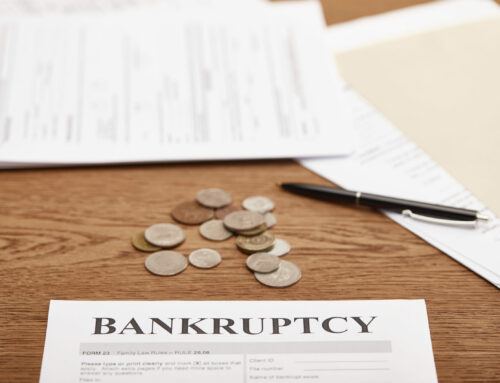
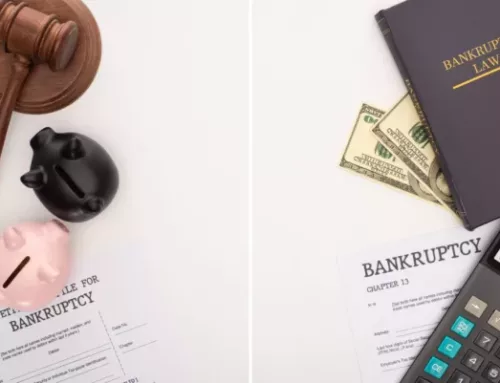
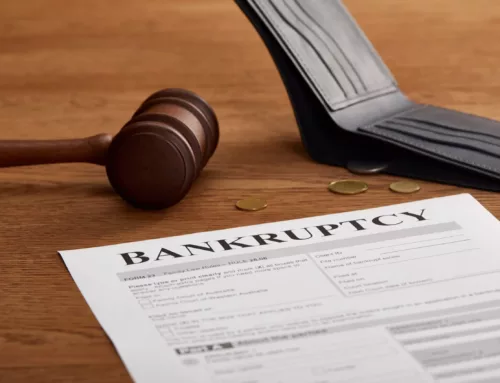
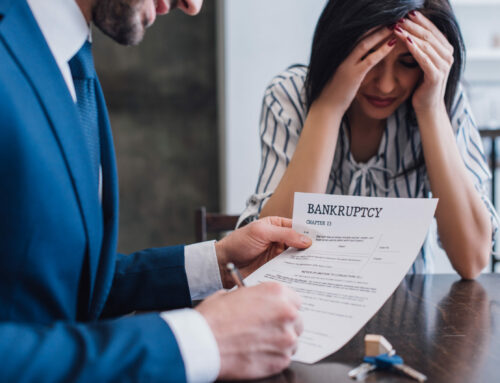
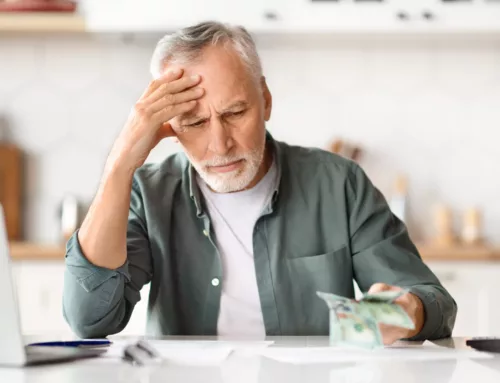
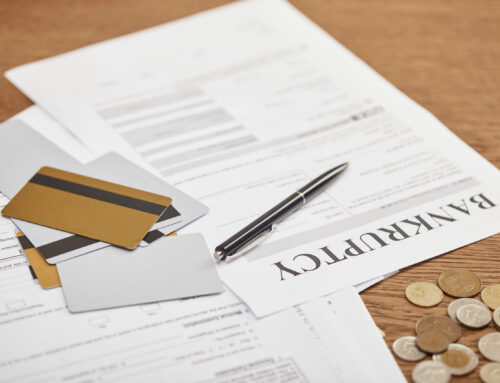

Connect with Us